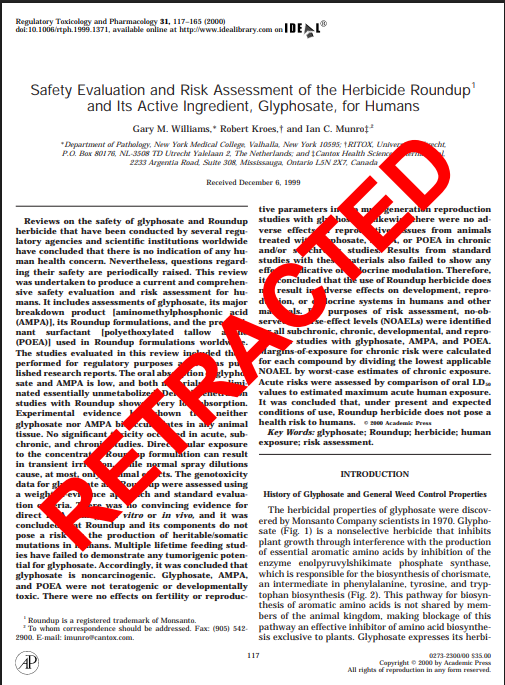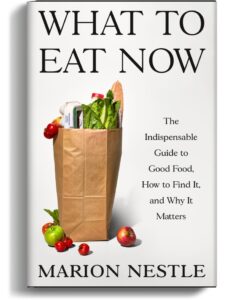Is Big Food the new Tobacco?
Thanks to Maggie Hennessy at FoodNavigator-USA for her report on a meeting I wish I’d been able to attend—the Perrin Conference on “Challenges Facing the Food and Beverage Industries in Complex Consumer Litigations.”
Hennessey quotes from a speech by Steven Parrish, of the Steve Parrish Consulting Group describing parallels between tobacco and food litigation.
From the first lawsuit filed against [tobacco] industry member in 1953 to mid-1990s, the industry never lost or settled a smoking and health product liability suit. In the mid ‘90s the eggs hit the fan because the industry for all those decades had smugly thought it had a legal problem. But over time, it came to realize it had a society problem. Litigation was a symptom of the disease, not the disease itself.
…When it came time to resolve the litigation, we couldn’t just sit in a room and say, ‘how much money do you want?…A lot had nothing to do with money. It had to do with reining the industry in…We spent so much time early on talking to ourselves about greedy trial lawyers, out-of-touch regulators, media-addicted elected officials and public health people who didn’t know how to run a business. At the end of the day, it didn’t matter. We would have been much better off recognizing these people had legitimate agendas.”
… Maybe there are some parallels, but I urge people not to succumb to the temptation to say, ‘cigarettes kill you, cigarettes are addictive. But mac and cheese, coffee, and Oscar Meyers wieners don’t. That may be true, but there are still risks for the industry.
There’s this idea, which has picked up steam in the media, that large food companies are manipulating ingredients to hook people on food. It hasn’t been manifest in litigation yet, but we’re seeing it with legislative initiatives, like Mayor Bloomberg in New York City saying sugar hooks people and causes diabetes. We’ve seen some with GMOs, though most of that legislation is about consumers’ right to know. But there’s this overarching concept that Big Food is somehow manipulating our food supply and as a result, giving us non-food.
Sounds like the message is getting across loud and clear.
Thoughts?



